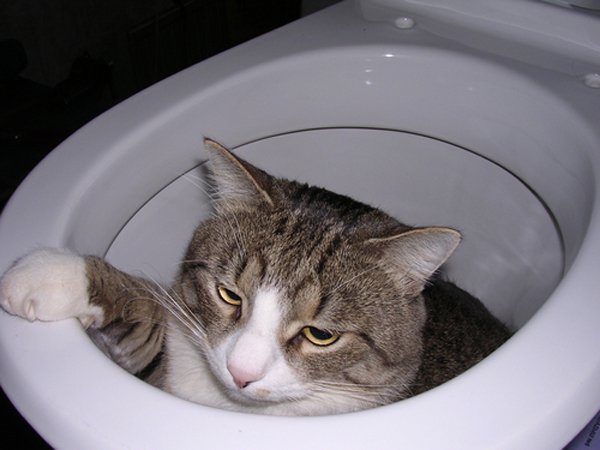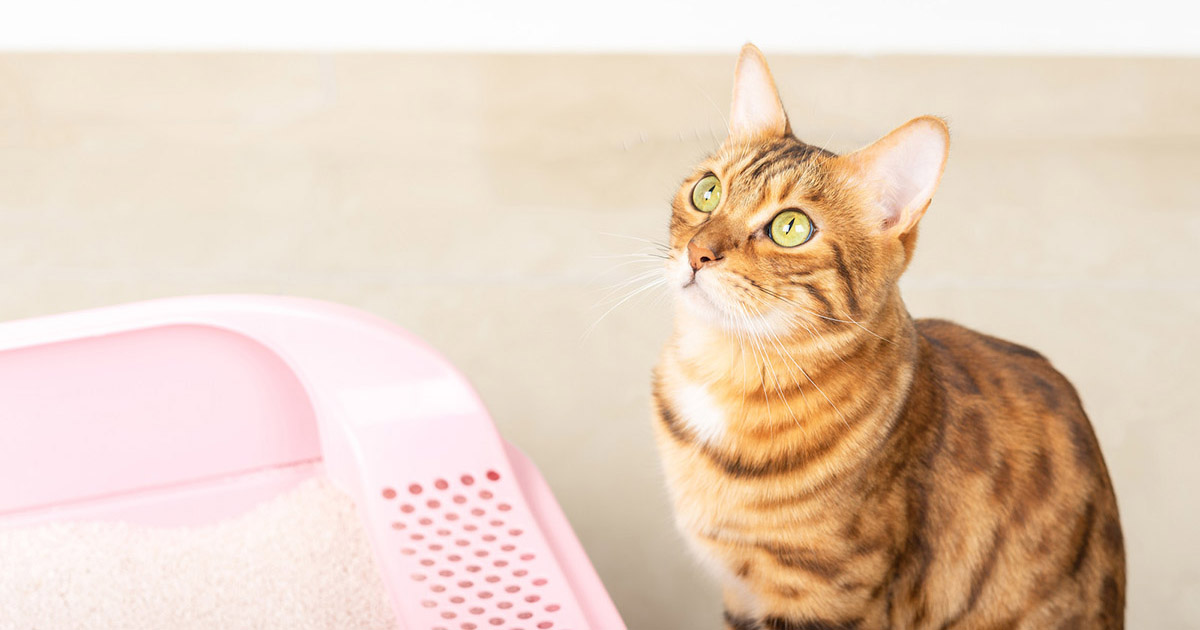Why You Shouldn't Flush Cat Poop Down Your Toilet - Preserve Your Plumbing Health
Why You Shouldn't Flush Cat Poop Down Your Toilet - Preserve Your Plumbing Health
Blog Article
They are making a number of great observations on How to Dispose of Cat Poop and Litter Without Plastic Bags as a whole in this content further down.

Introduction
As pet cat owners, it's vital to be mindful of how we deal with our feline friends' waste. While it might seem hassle-free to flush pet cat poop down the toilet, this technique can have damaging repercussions for both the setting and human health.
Alternatives to Flushing
The good news is, there are safer and extra liable means to dispose of feline poop. Think about the complying with choices:
1. Scoop and Dispose in Trash
The most common technique of disposing of feline poop is to scoop it into an eco-friendly bag and toss it in the garbage. Make sure to make use of a devoted litter scoop and deal with the waste immediately.
2. Usage Biodegradable Litter
Opt for biodegradable feline trash made from products such as corn or wheat. These trashes are environmentally friendly and can be safely dealt with in the garbage.
3. Bury in the Yard
If you have a lawn, take into consideration hiding feline waste in a marked location far from vegetable gardens and water resources. Make certain to dig deep enough to prevent contamination of groundwater.
4. Set Up a Pet Waste Disposal System
Buy a family pet waste disposal system particularly developed for cat waste. These systems utilize enzymes to break down the waste, minimizing smell and ecological influence.
Health Risks
Along with ecological problems, purging cat waste can also posture wellness dangers to human beings. Cat feces may contain Toxoplasma gondii, a parasite that can cause toxoplasmosis-- a possibly severe health problem, specifically for expecting ladies and individuals with damaged body immune systems.
Environmental Impact
Flushing feline poop presents hazardous pathogens and parasites right into the water supply, posturing a considerable threat to water communities. These contaminants can adversely affect aquatic life and concession water top quality.
Conclusion
Liable family pet ownership extends beyond offering food and shelter-- it also entails appropriate waste monitoring. By avoiding flushing feline poop down the commode and choosing alternative disposal methods, we can decrease our ecological impact and secure human health.
Why Can’t I Flush Cat Poop?
It Spreads a Parasite
Cats are frequently infected with a parasite called toxoplasma gondii. The parasite causes an infection called toxoplasmosis. It is usually harmless to cats. The parasite only uses cat poop as a host for its eggs. Otherwise, the cat’s immune system usually keeps the infection at low enough levels to maintain its own health. But it does not stop the develop of eggs. These eggs are tiny and surprisingly tough. They may survive for a year before they begin to grow. But that’s the problem.
Our wastewater system is not designed to deal with toxoplasmosis eggs. Instead, most eggs will flush from your toilet into sewers and wastewater management plants. After the sewage is treated for many other harmful things in it, it is typically released into local rivers, lakes, or oceans. Here, the toxoplasmosis eggs can find new hosts, including starfish, crabs, otters, and many other wildlife. For many, this is a significant risk to their health. Toxoplasmosis can also end up infecting water sources that are important for agriculture, which means our deer, pigs, and sheep can get infected too.
Is There Risk to Humans?
There can be a risk to human life from flushing cat poop down the toilet. If you do so, the parasites from your cat’s poop can end up in shellfish, game animals, or livestock. If this meat is then served raw or undercooked, the people who eat it can get sick.
In fact, according to the CDC, 40 million people in the United States are infected with toxoplasma gondii. They get it from exposure to infected seafood, or from some kind of cat poop contamination, like drinking from a stream that is contaminated or touching anything that has come into contact with cat poop. That includes just cleaning a cat litter box.
Most people who get infected with these parasites will not develop any symptoms. However, for pregnant women or for those with compromised immune systems, the parasite can cause severe health problems.
How to Handle Cat Poop
The best way to handle cat poop is actually to clean the box more often. The eggs that the parasite sheds will not become active until one to five days after the cat poops. That means that if you clean daily, you’re much less likely to come into direct contact with infectious eggs.
That said, always dispose of cat poop in the garbage and not down the toilet. Wash your hands before and after you clean the litter box, and bring the bag of poop right outside to your garbage bins.
https://trenchlesssolutionsusa.com/why-cant-i-flush-cat-poop/

We had been guided to that report on Can You Flush Cat Poo or Litter Down the Toilet? from an acquaintance on another web blog. Do you know about somebody who is fascinated by the niche? Why not promote it. I cherish reading our article about Can You Flush Cat Poop Down The Toilet?.
Click Here Report this page